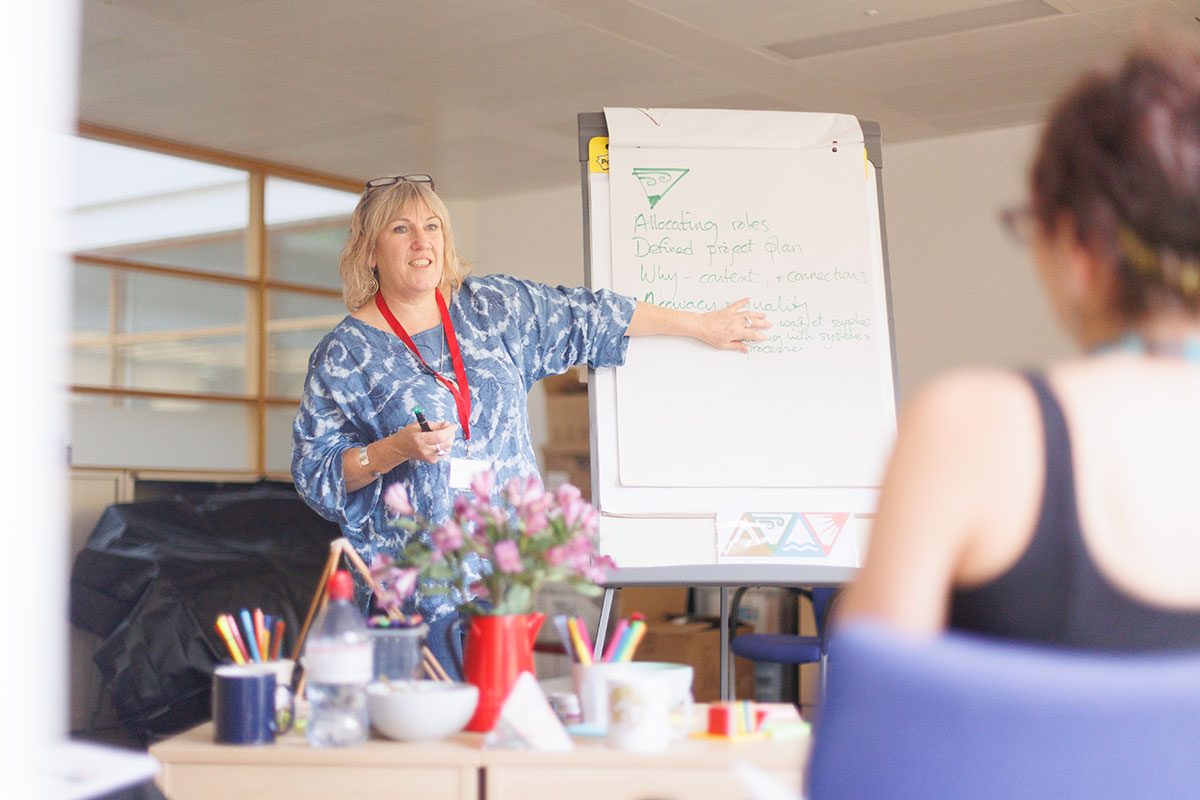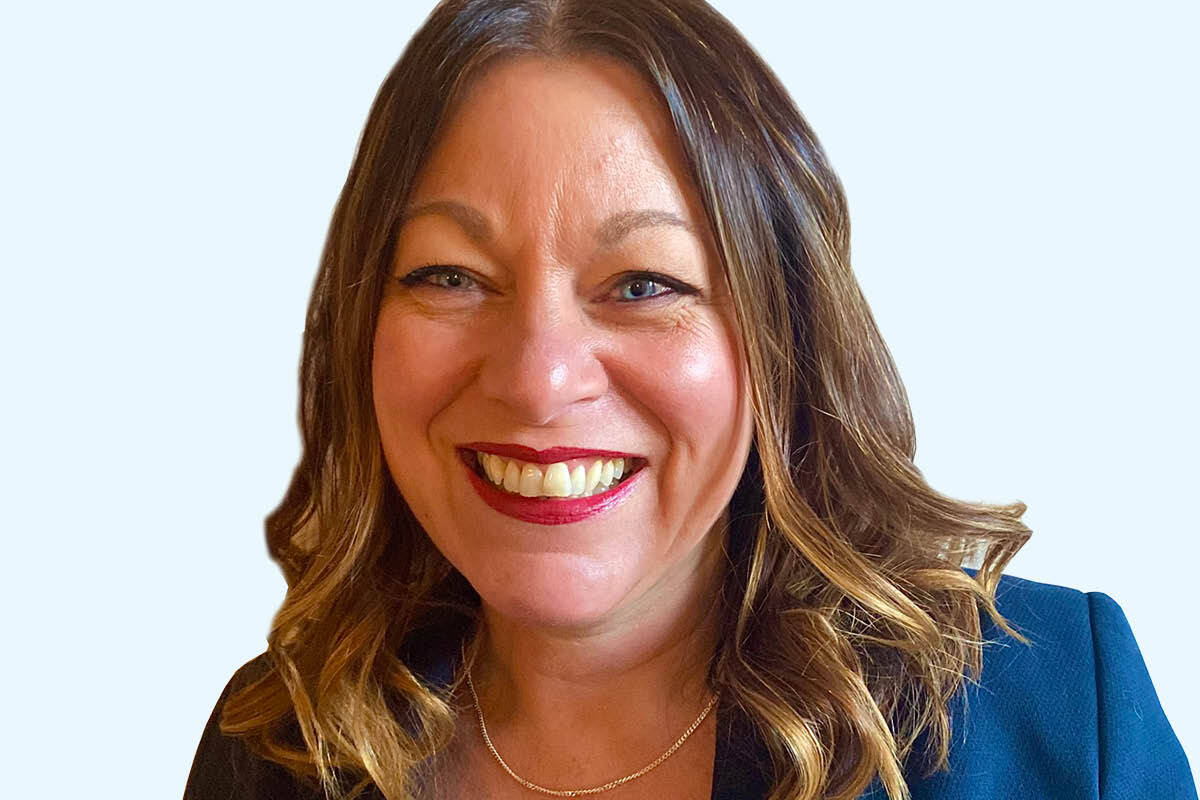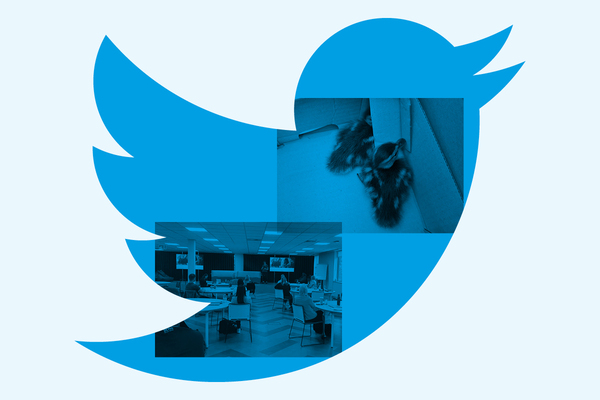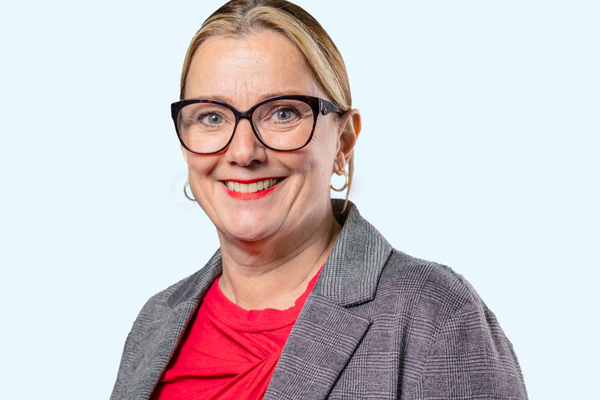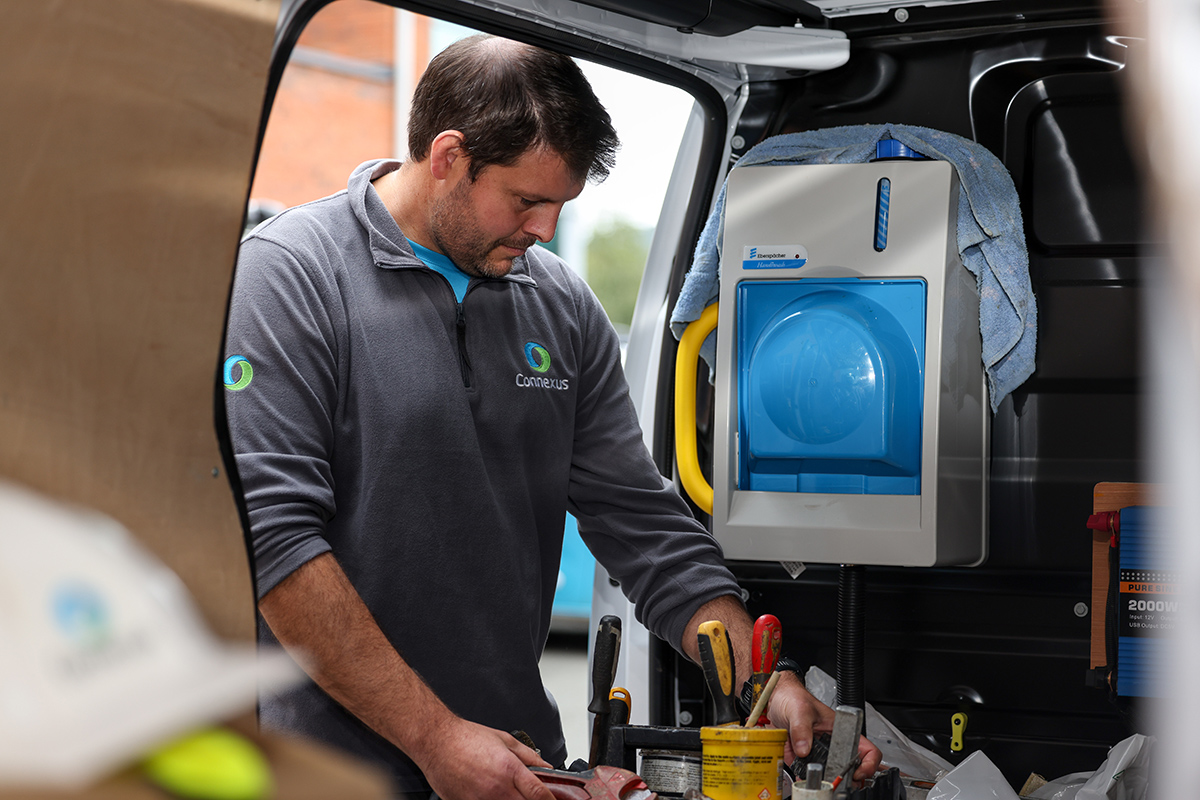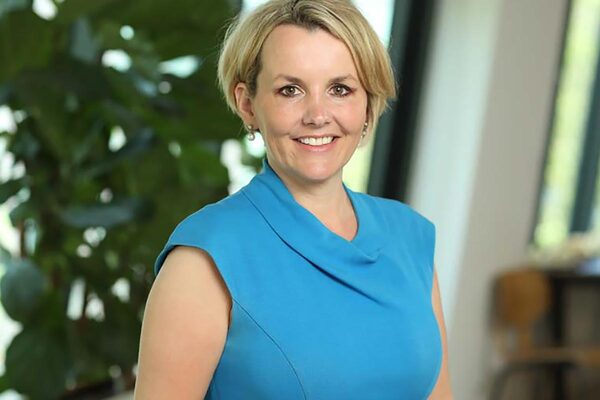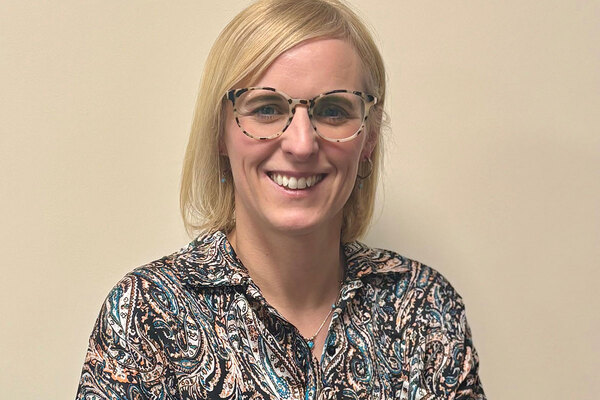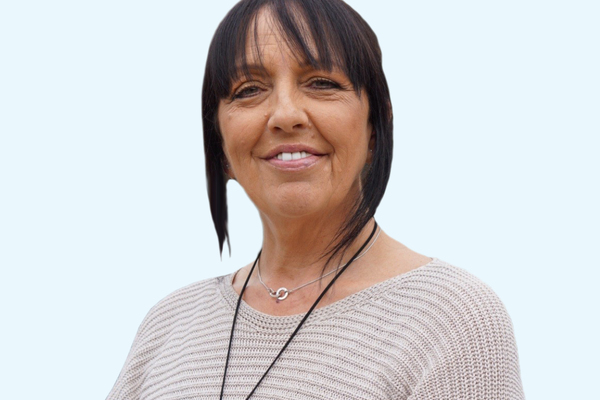You are viewing 1 of your 1 free articles

Paula Broadbent is managing director at Lovell Later Living
We need to support staff going through menopause, or we risk losing their skills and experience
Paula Broadbent talks about how her own experience of menopause as well as how workplaces must change to support staff going through menopause
I was in a very dark place, not the person I used to be. My joints were painful, I was tired and struggling to focus. The brain fog was debilitating. Forgetting every day, simple things became a feature of my life. My housing career was shuddering to a halt. “Where has PB gone?” one colleague asked. I didn’t know myself. I thought I was going mad or had dementia. How is this happening to me in my 40s?
“Despite the loss of so many experienced women from the workforce and its obvious impact on productivity, menopause symptoms are rarely discussed in our male-dominated industry”
My menopause hit unusually early, brought about by a total hysterectomy in my 30s. Immediately after surgery, I went through what’s called an induced menopausal state. Night sweats, sleep issues and low mood were an everyday occurrence, for which I was prescribed hormone replacement therapy to manage.
So to enter my 40s, feeling my menopause was behind me, it came as a huge blow to go through even more extreme mental and physical health symptoms. But thanks to some supportive colleagues, my career got back on track, and this, frankly, awful experience has made me determined to help the millions of other women who are not so lucky to have such support.
Menopause has forced almost 900,000 women to leave their jobs in the UK, according to a recent report by the House of Commons’ Women and Equalities Committee. Despite this loss of so many experienced women from the workforce and its obvious impact on productivity, menopause symptoms are rarely discussed in our male-dominated industry.
Here at Lovell, we believe a big change is needed to stem this unjust exodus and we’ve seen much hope in the steps we’ve taken so far to achieve this ambition.
“For any meaningful improvement, menopause will have to become a more normal part of everyday conversation at work, not just something we do for a one-off event or in formal performance reviews”
This month we are launching a package of measures to raise awareness, educate and give colleagues and their families access to the advice they need to navigate the impact of menopause on their personal and work lives. This week, myself and another senior female leader, our head of HR Joanne Howe, are chatting about our personal experiences of menopause with staff in what we call a fireside chat.
But for any meaningful improvement, menopause will have to become a more normal part of everyday conversation at work, not just something we do for a one-off event or in formal performance reviews. That’s why we embed these important topics into our culture to ensure that nobody is overlooked and that we create an environment in which people feel safe to talk about menopause openly, whatever their gender.
Above all, we need to listen and keep listening.
As a firm, we have a longstanding tradition of supporting women in construction – a sector with a particularly poor record in gender equality. Almost a third of our 1,000-strong workforce is female compared with an eighth in the industry nationally. We hope to help our valuable female staff reach their full potential instead of feeling they must leave because they’re struggling to cope with something completely normal and natural. Quitting was something I certainly considered when it all felt too much, as so many others understandably do.
Menopause affects our families and friends as well as us. Its symptoms of hot flushes, night sweats, palpitations, among many others, don’t stop at the office door, they can last round the clock and have a big impact on our social, work and family life.
“These are the experienced, highly skilled people we all need to drive productivity in our industry and the economy. If we’re going to prevent more from leaving, we all need to start talking about the menopause”
Every one of our colleagues will at some point experience menopause or be close to somebody suffering it. One in four of the staff who attended our recent webinar on the menopause were in fact men. “I’ve noticed a gradual change in my wife’s behaviour,” one said. “I just felt really isolated not knowing how best to help her.”
A female colleague felt like she was having a heart attack. “My heart was jumping out of my chest,” she said. Such stories remind me of the terribly lonely place my own premature menopause put me in.
Unlike me, the average age of women reaching menopause in the UK is 51 – the point that many are at their prime. These are the experienced, highly skilled people we all need to drive productivity in our industry and the economy. If we’re going to prevent more from leaving, we all need to start talking about the menopause and the support women and their families need to stay in work.
We all need to raise awareness of this important and often taboo topic. If we can reach just a fraction of our workforce, the positive impact on the personal lives of our colleagues, their families and our businesses could be huge. And that’s got to be worth having a conversation about at the very least.
Paula Broadbent, managing director, Lovell Later Living
Sign up for our daily newsletter
Already have an account? Click here to manage your newsletters
